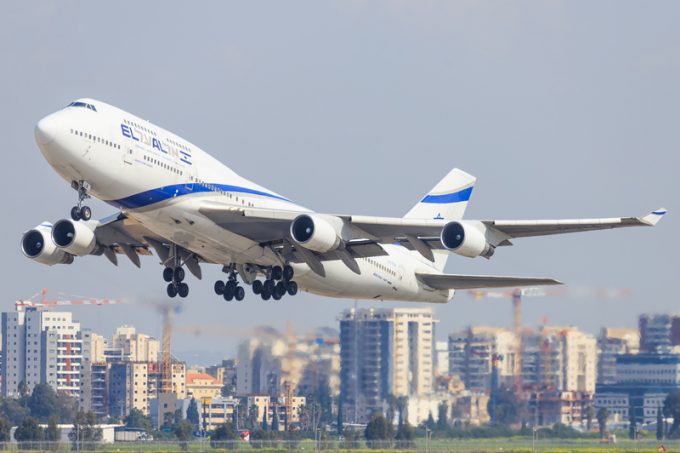Airlines scramble to avoid Middle East airspace as missiles fly
Israeli, Jordan and Iraqi airspace is temporarily closed after Iran’s biggest-ever missile attack on Israel ...

Tel Aviv’s Ben Gurion Airport (LLBG/TLV) remains open to traffic – but several major airlines have yet to lift their suspension of flights to and from Israel’s main air hub, as security remains a key issue after the deadly attack by Hamas last Saturday.
British Airways ...

Comment on this article